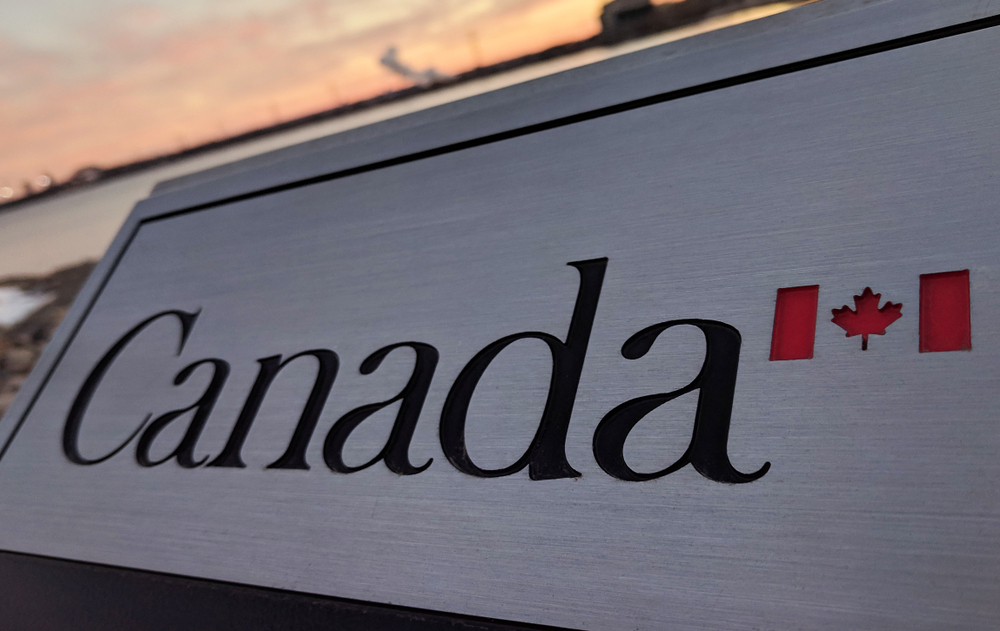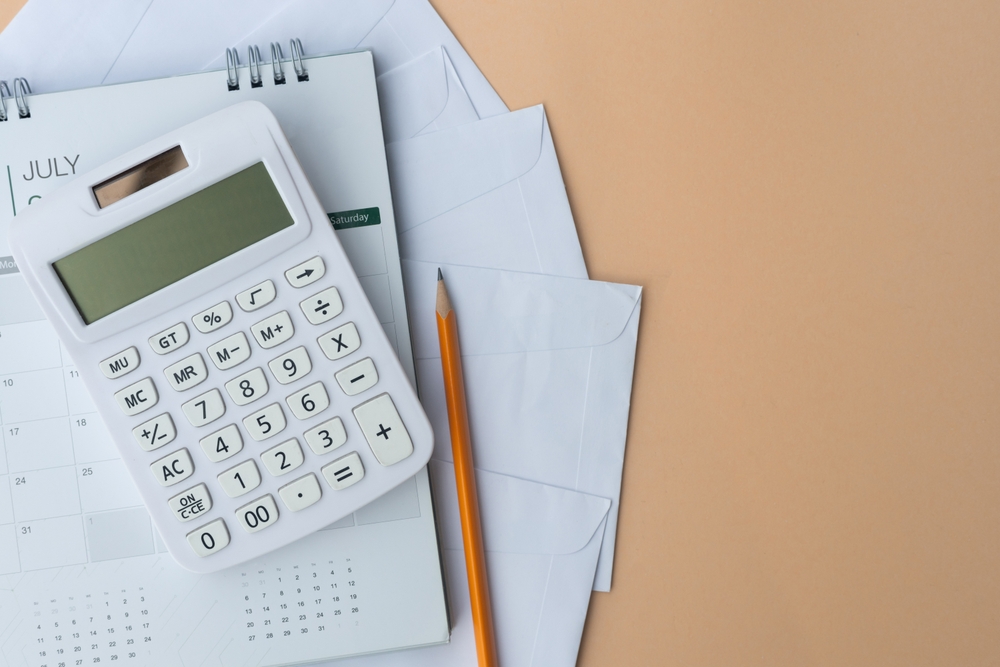Along with an ever-changing economy comes changing trends in consumer behaviour. The consensus seems to be that many are struggling financially in the modern economy, given rising housing costs, stagnant wages, and other concerns. However, it is not always entirely clear how this impacts the average consumer’s habits — and their tendency to rely on credit cards.
Key Takeaways
- The Most Recent Credit Card Usage Trends
- Delinquency Rates
- The Drawbacks of High Credit Card Debt
- When Circumstances Change, Credit Card Debt Can Become Unmanageable
- Contact Harris and Partners Inc. for Debt Help in Ontario with Your Credit Cards and Loans
The Most Recent Credit Card Usage Trends
Recent statistics suggest that there is a trend toward consumers relying on fewer credit cards, but holding a higher balance on each of them. A recent study by TransUnion, detailing credit debt statistics for Q4 of 2016, showed that the average credit card balance increased by 2.3 percent over the period of a year.
The Globe & Mail news article which reported the study quoted by Harris & Partners’ very own founding partner Mr. Jay Harris noted that the fewer-cards, more-spending trend may have a demographic skew. Millennials tend to be inclined to use debit cards for transactions, while their elders are taking advantage of loyalty programs, Harris said. Harris also explained that the reason why consumers are sticking to one or two cards is the Air Miles points, travel benefits or purchase benefits of increased credit card use. Further, customers who continue to show loyalty may be provided increased credit limits, provided they are not defaulting on minimum payments.
It is interesting to note that the TransUnion report shows that consumer debt has increased across several areas: auto loans, installment loans, lines of credit, and trade lines, in addition to credit card debt. Presumably, increased reliance on credit cards signals consumers’ difficulty dealing with other monthly payments and debt obligations.
Delinquency Rates
The TransUnion report shows that delinquency rates on credit card payments have not increased at the same rate as the total amount of debt owing on credit cards. However, they have increased somewhat, with an approximately three-percent increase in 90-day payment delinquency over the course of a year.
While the rise in delinquency rates may seem minor, the fact is that average amounts of credit card debt have increased. Even though consumers may still be able to afford the minimum payments on their debts for the time being, this does not mean that they are not struggling to do so.
As such, the increases to credit limits should come with a caution, Harris continued: “You should only spend on your credit card an amount that can be paid off in full at the end of the borrowing period.”
Read our guide – What is a Credit Score in Canada?
The Drawbacks of High Credit Card Debt
While today’s credit cards are accompanied by travel perks, rebates after using a certain amount of credit for retail purchases, and other types of “point systems”, consumers may fail to realize what they are losing by abusing the availability of credit card loans.
Even if your intention is merely to use your credit card to collect points or attract loyalty rewards, there is a slippery slope between immediately paying off your credit card balance to relying on it as a “second debit card”.
Making minimum payments each month means that you are throwing away a significant amount of money each month solely to pay interest on your debts. Nothing is gained from this, other than avoiding collections agents. You are paying for the privilege of having borrowed money that you have already spent. While you may feel that it is an inconsequential amount of money, the minimum payments you are forced to make each month could have been invested, accrued interest, and been saved toward a large purchase or down payment on a home.
When Circumstances Change, Credit Card Debt Can Become Unmanageable
There is a fine line between a credit card minimum payment being manageable, and becoming a significant burden. If you lose your job, are faced with unexpected healthcare expenses, or have been in a car accident, your ability to manage your budget may suddenly change.
If you are in a situation where your monthly budget accounts only for making minimum payments on your credit card debts, a change of circumstances could be very difficult to manage.
Contact Harris and Partners Inc. for Debt Help in Ontario with Your Credit Cards and Loans
If your credit cards have become unmanageable, speak to a licensed insolvency trustee (LIT) in Ontario. A LIT will have a sound understanding of the debt relief options available to help you get out of credit card debt or other debt sources.
While filing for bankruptcy or a consumer proposal may be a process that is unknown to you, consulting with an experienced LIT may be in your best interests. We can discuss various options based on your situation, such as debt consolidation, a consumer proposal or bankruptcy.
Call Harris & Partners Inc. at 1-800-268-8093. We provide a free no-judgement consultation to evaluate the best debt solutions in your circumstances.










